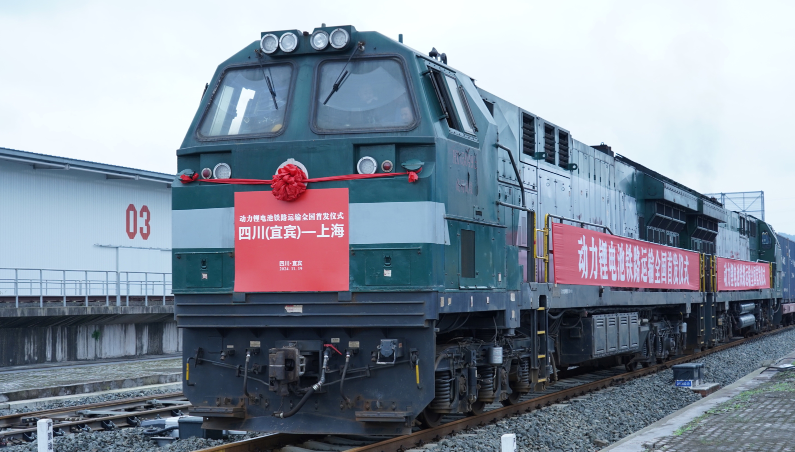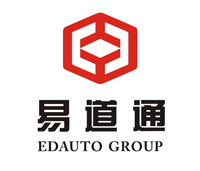On November 19, 2023, the national railway launched the trial operation of automotive power lithium-ion batteries in the "two provinces and one city" of Sichuan, Guizhou and Chongqing, which is an important milestone in my country's transportation field. This pioneering move, participated by leading companies such as CATL and BYD Fudi Battery, marks a critical moment in the development of my country's rail transportation. Previously, rail transportation for automotive power lithium-ion batteries had not yet been built. This trial operation is a "zero breakthrough" and officially opens a new model of rail transportation.

The introduction of rail transport of automotive lithium-ion batteries is not only a logistical advancement, but also a strategic move to improve the efficiency and cost-effectiveness of battery transportation. In the context of international competition, the ability to transport these batteries by rail is crucial as it complements existing modes of transport such as rail-sea and rail-rail. This multimodal transport approach is expected to greatly enhance the export competitiveness of lithium-ion batteries, which are increasingly seen as the cornerstone of the "new three" - electric vehicles, renewable energy storage and advanced battery technology.
Lithium batteries use lithium metal or lithium alloys as electrode materials and non-aqueous electrolyte solutions as electrolytes, and have become the preferred energy storage solution worldwide. Its development can be traced back to the early 20th century, and it made significant progress after the first appearance of lithium-ion batteries in the 1970s. Today, lithium batteries are mainly divided into two categories: lithium metal batteries and lithium-ion batteries. The latter do not contain metallic lithium and are rechargeable, and are popular due to their excellent performance characteristics.
One of the most compelling advantages of lithium batteries is their high energy density, which is about six to seven times that of traditional lead-acid batteries. This feature makes them particularly suitable for applications that require lightweight and portable energy solutions, such as electric vehicles and portable electronic devices. In addition, lithium batteries have a long service life, typically more than six years, and a high rated voltage, with a single cell operating voltage of 3.7V or 3.2V. Its high power handling capability allows for rapid acceleration, making it an ideal choice for high-intensity applications.
Lithium batteries have a low self-discharge rate, typically less than 1% per month, which further enhances their appeal. This feature ensures that energy is retained for a long time, making them a reliable choice for consumer and industrial applications. As the world increasingly turns to sustainable energy solutions, the advantages of lithium batteries make them a key player in the transition to a greener future.
In China, the application of new energy technologies extends beyond the automotive sector. The successful trial of lithium-ion battery rail transport highlights China's commitment to integrating renewable energy solutions into all modes of transportation. This move not only improves battery logistics efficiency, but also fits in with China's broader goals of reducing carbon emissions and promoting sustainable development.
As the global community works to address the challenges of climate change and environmental degradation, adopting lithium batteries and building efficient transportation systems to accommodate these energy storage solutions is a key step toward a greener world. The collaboration between the national railway and a leading battery manufacturer embodies the innovative spirit driving China's transition to sustainable energy.
In conclusion, the trial operation of automotive lithium-ion batteries in China's railway system represents a major advancement in the country's energy landscape. By leveraging the advantages of lithium batteries and enhancing transportation logistics, China is expected to strengthen its position in the global energy market while contributing to a more sustainable future. As the world moves towards greener energy solutions, the integration of lithium batteries into various fields, including railways, will play a key role in shaping a cleaner and more efficient energy ecosystem.
Post time: Nov-21-2024


